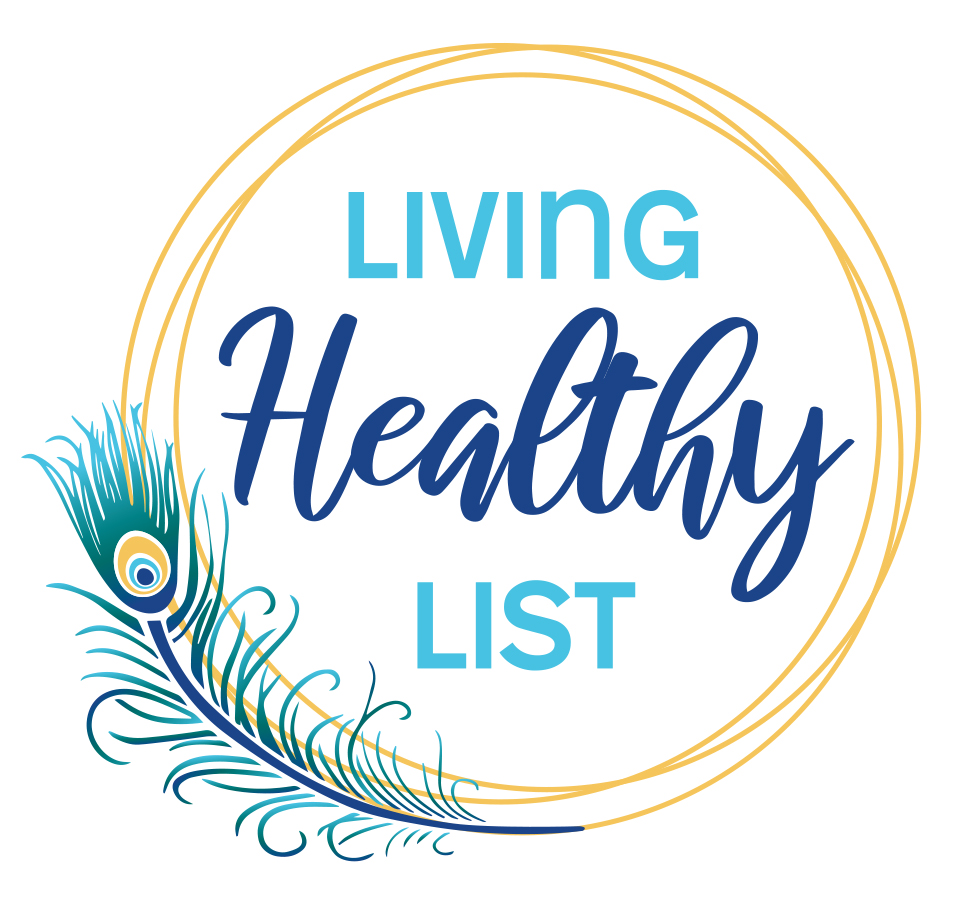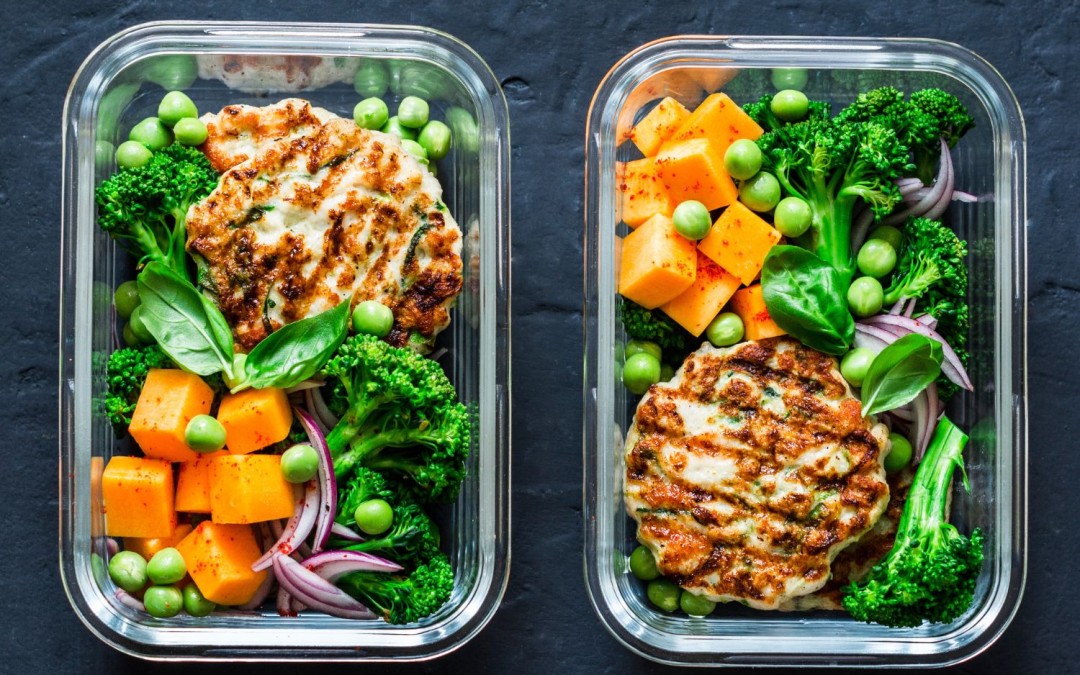Gastroesophageal reflux disease (GERD) is a common health condition affecting between 20 and 30% of the US population. Many people with GERD don’t even realize they have it until the symptoms become too extreme to ignore.
Since GERD symptoms are often a reaction to what you eat, it makes sense that the most common advice from doctors is to make better food choices. Read on to discover how to mitigate GERD symptoms with diet changes.
Start a Meal Plan and Food Journal
When you have GERD, it’s more important than ever that you plan time to cook healthy homemade meals. Food from restaurants—whether it’s fast food or not—usually has more salt and fat than meals made at home. You also won’t know the exact ingredients in your food when you order out, making it harder to avoid triggers.
A color-coded daily planner can help you plan grocery shopping and cooking time. Then, you can start a food journal to track which meals seem to reduce your symptoms the most.
Eat More Often
GERD symptoms are often caused by having too much stomach acid in your system. When your stomach is empty, the acid can damage the lining of an already sensitive stomach. Therefore, eating smaller meals more often, about every three hours, is a good idea. Make sure not to eat too close to bedtime to avoid symptoms while sleeping.
Make Healthy Choices
If you’ve recently been diagnosed with GERD, now is as good a time as any to start eating healthy. Ditch the fast food and pre-packaged meals from the grocery store and start cooking from scratch. Eat more vegetables, broaden your grain and legume horizons, and reduce your consumption of red meat. By taking these steps, you’ll find that your symptoms are greatly reduced.
Bring Your Own Food to Gatherings
Eating with other people can be difficult when you have special dietary concerns that your friends and family don’t share. The best way to know there will be something safe to eat is to bring a dish to share; talk to the host ahead of time so they know what to expect.
Avoid Certain Foods
While you can reduce GERD symptoms with diet changes like eating healthy food, you also need to avoid common triggers. Risky foods include:
- Chocolate
- Coffee
- Citrus
- Mint
- Spices
- Peppers
- Onion and garlic
- Alcohol
- Carbonated drinks
- Tomatoes
- Fried and greasy foods
Giving up your favorite food can be difficult, but it doesn’t mean you can never have that food again. With GERD, the key is to avoid eating more than one risky food in the same 24-hour period, so you don’t irritate your stomach. Keep the portion small when you eat food that could irritate you.
Don’t be mad at yourself if your symptoms don’t disappear overnight. Changing your diet takes time and patience.

